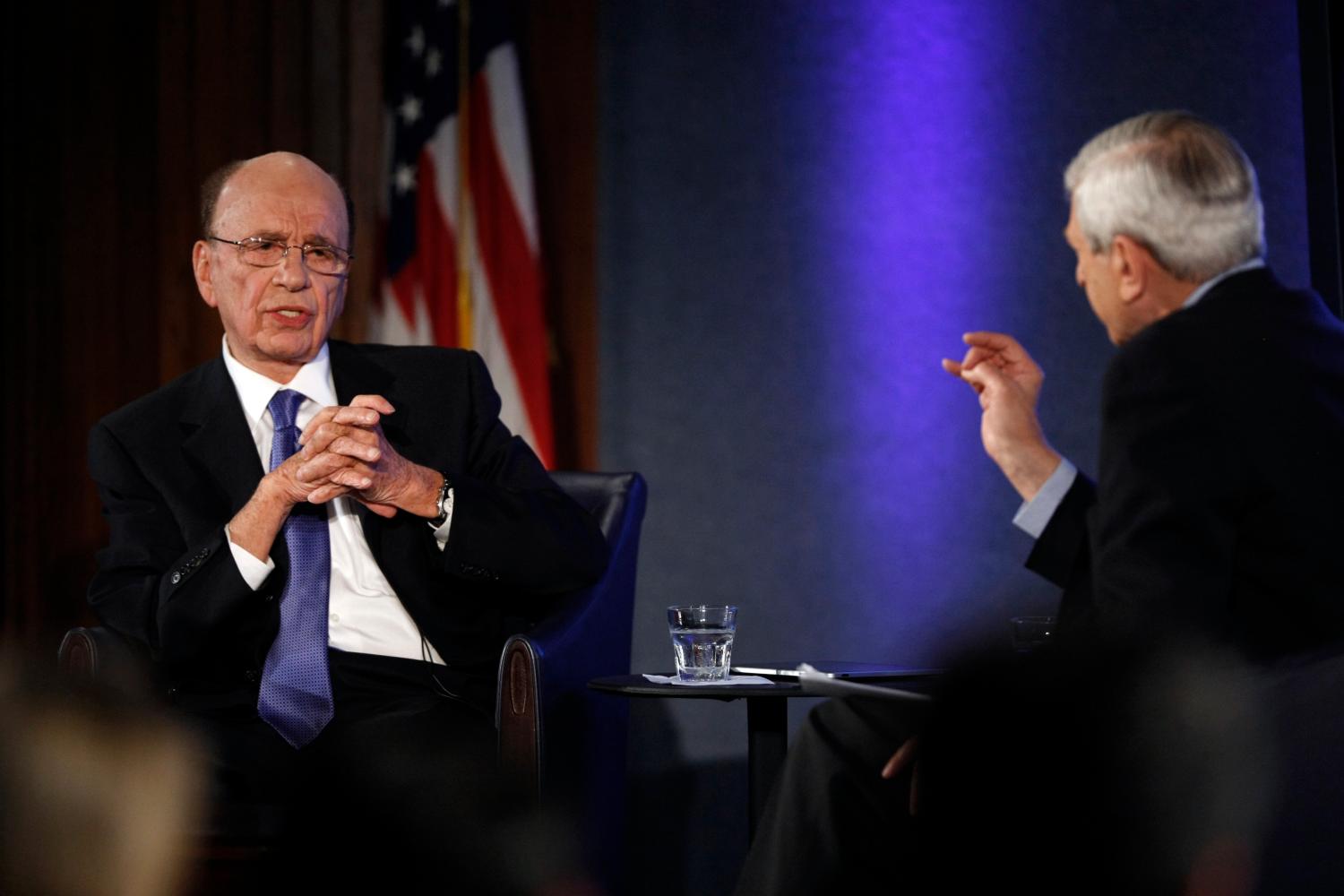Confrontations come in different shapes and sizes. Some are avoidable—the one with China, for example, being a prime example. The U.S. confrontation with Iran, however, is one that may spin out of control, if it is not quickly contained. In every confrontation, there is a point of no return, when another provocation, action or inflammatory comment proves in retrospect to have been the trigger that started the war.
Confrontations come in different shapes and sizes. Some are avoidable—the one with China, for example, being a prime example. The U.S. confrontation with Iran, however, is one that may spin out of control, if it is not quickly contained. In every confrontation, there is a point of no return, when another provocation, action or inflammatory comment proves in retrospect to have been the trigger that started the war.
Defense Secretary Leon Panetta has warned repeatedly in recent days that Iran would cross a “red line” if it shut down the Strait of Hormuz. One-sixth of the world’s oil flows through this narrow waterway. Translation, if any be necessary: the world’s fragile economy could not tolerate closing the Strait, and the United States would have to act militarily to keep it open; and the secret that is no longer a secret is that once hostilities erupt, the United States, with or without Israel, would seize the occasion to go after Iran’s budding nuclear weapons program. That would be the beginning of America’s fourth war in a Muslim country in the last 11 years—Afghanistan, Iraq, Libya and, if this tumult turned to war, Iran. Is it a coincidence that General Martin Dempsey, Chairman of the Joint Chiefs of Staff, will be visiting Jerusalem this Thursday? Even if he were going there for sightseeing only, his visit in this conspiracy-obsessed neighborhood would touch off speculation of US-Israeli preparations for an attack against Iran.
For its part, Iran, economically wobbly and politically divided, issues its own warnings, the latest just the other day to the oil cartel OPEC against cooperating with Western, meaning American, sanctions against Iran. Such cooperation would mean each member is an “accomplice” in a trade war against Iran, and therefore open to retaliation. “One cannot predict the consequences,” snapped Iran’s ambassador. Ayatollah Ali Khamanei, Iran’s leader, was equally vague and yet threatening. “From now on,” he said, “we will make threats against threats,” whatever that means. At a certain point in any confrontation, actions supersede words in importance. It doesn’t take 20-20 vision to see Iranian muscle-flexing in the Persian Gulf—military maneuvers as the backdrop for showing off new weapons systems, Iranian generals telling American generals that they now have “new guidelines” for military action.
Meantime, Iran continues to move forward on its nuclear program—new centrifuges, new plants, new hints about imminent breakthroughs. Question: is there still a way to cool the crisis through negotiations? President Obama, when he first came into office, extended his “hand” to the Iranian mullahs, hoping to head off an Iranian bomb through negotiations. His overture was rejected. There have been occasional sputtering efforts to open talks since then, but each effort has failed. Now talks seem more remote than ever, though the need for talks increases dramatically every time an Iranian nuclear scientist is assassinated. By Israel? By an Iranian dissident group? Who knows? What seems clear is that Iran is rapidly approaching a point where it can plunge forward and actually build a nuclear bomb, or it can pull back and proceed safely toward a peaceful nuclear program—a decision of monumental importance for Iran and the rest of the world.
Iranian strategy now seems uncertain and tricky. It emits contradictory signals, hints of a desire to negotiate a solution to the nuclear issue mixed with clearly provocative moves suggesting a reckless, diplomacy-be-damned drive toward a nuclear bomb capacity. The Iran leadership seems split between a radical, theocratic, ideological faction, led by the Ayatollah Khamenei, and a slightly more moderate faction, led by the mercurial President Ahmadinejad. Both factions want a nuclear bomb if for no other reason than to prove that Iran is a great power, supreme in its region of the world, like the Persian Empire of old.
The United States and Iran now seem headed toward a dangerous confrontation. This is not a time for the sort of reckless claptrap heard in recent GOP presidential debates. It is a time for caution, clarity and a prayer or two.
The Brookings Institution is committed to quality, independence, and impact.
We are supported by a diverse array of funders. In line with our values and policies, each Brookings publication represents the sole views of its author(s).




Commentary
The United States and Iran: Heading Toward Dangerous Confrontation
January 18, 2012